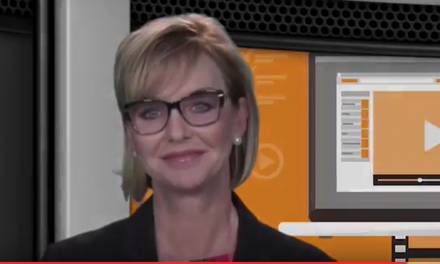
Transitioning to a New Broker-Dealer
Learn the five questions to ask before switching broker/dealers.
To view the full article please register below:
Transitioning to a New Broker-Dealer
Thinking of Switching Broker/Dealers?
Over one-half of advisors (56 percent!) have moved, or considered a move, to a new broker/dealer (B/D) in the last five years.1 Have you been thinking of switching broker-dealers?
The desire to grow their practice and work more independently, as well as the ability to provide conflict-free advice, are the primary advisor motivations for switching B/Ds. Moreover, with the sharp rise in B/D consolidations, many advisors are being forced to consider a new broker/dealer because the acquiring firm is not an appropriate fit on the basis of culture, business model or compensation structure.
Five Questions to Ask Before Switching
Switching B/Ds is no small decision. It can involve disruption to clients, learning new technology and any number of surprises—big and small—once an advisor lands at his or her new home. Advisors should ask themselves a number of key questions to ensure a prospective B/D is a good fit.
- What am I looking for in a B/D? An advisor should create his or her own benchmark of what represents the “ideal” B/D (e.g., culture, compensation, independence, product mix, technology platform, fees). This will help narrow the choices and make for better decisions.
- What is the B/D’s commitment to remaining independent? The last thing an advisor wants to do is to make the switch, only to find out down the road that he or she has become aligned with a B/D not of his or her choosing. An advisor should feel confident in his or her discussions with senior management that the firm is healthy enough to remain independent and is philosophically committed to independence.
- Is the B/D privately or publicly held? There are advantages and disadvantages to both forms of ownership, but advisors will want to partner with an ownership structure that prioritizes their and their clients’ interests.
- What does the future look like? The management of a prospective B/D should have a steady and realistic idea of how they are positioning their firm to meet industry challenges over the next five to 10 years. An advisor should be able to discern where the B/D is investing in the business and how will they maintain their competitiveness.
- How does the B/D assist with the transition? A badly-executed transition can be highly disruptive to an advisor’s clients, and his or her practice. Thus, advisors should evaluate the level and competence of the transition support they expect to receive.
Whatever an advisor decides to do, he or she should undertake extensive due diligence on any serious broker/dealer candidate by meeting with management in their offices, reaching out to peers and wholesalers, examining financial information on the B/D, and studying their Web site, technology and marketing materials.
Source(s):
See referenced disclosure (2) at https://blog-dev.americanportfolios.com/disclosures/












